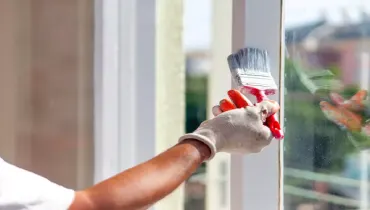

Ready to give your home a fresh look? Painting your window trim is a fairly simple project that can make a big impact.
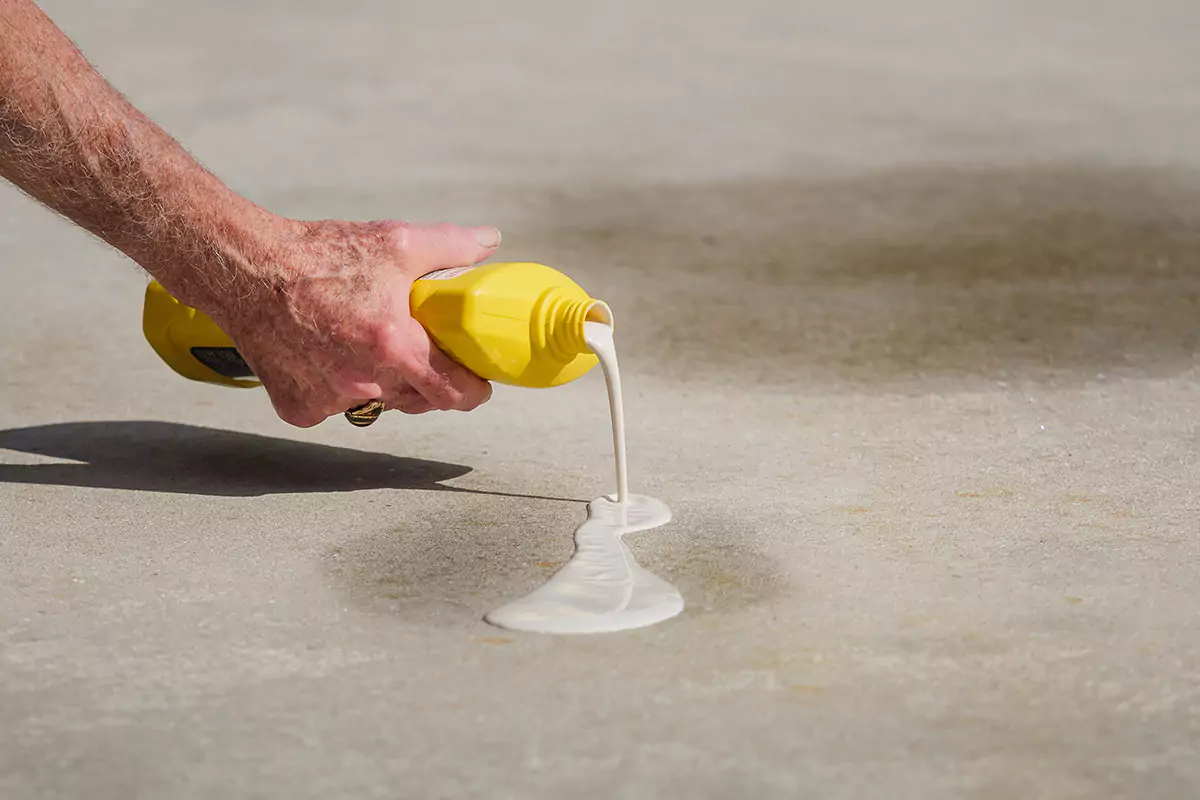

Curious about how to clean concrete? Our six-step guide can help you keep your concrete surfaces looking better and lasting longer. Click to learn more.
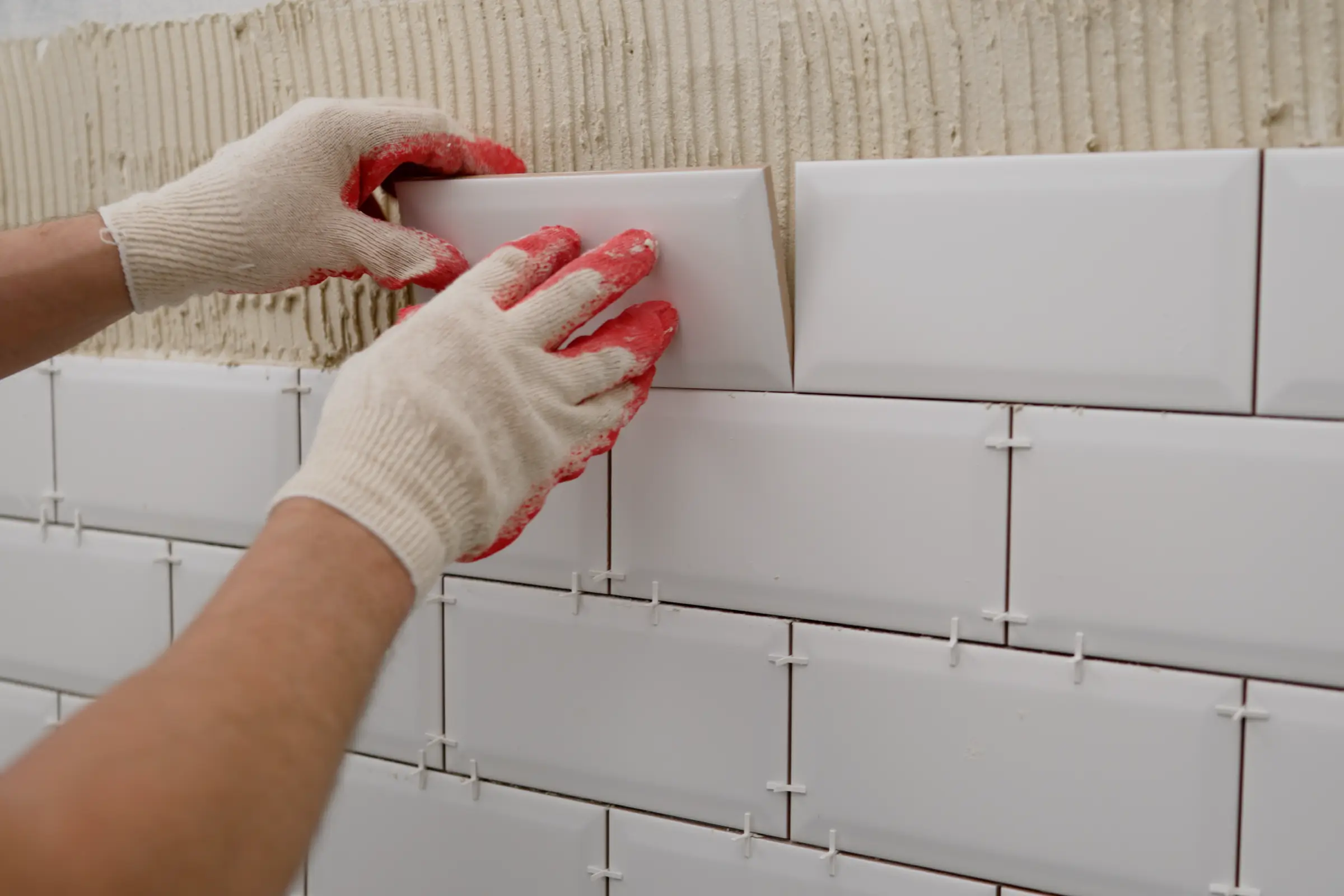

Grout repair is necessary when the filling between your tiles weakens. We’ll share several grout repair tips and resources for professional help.
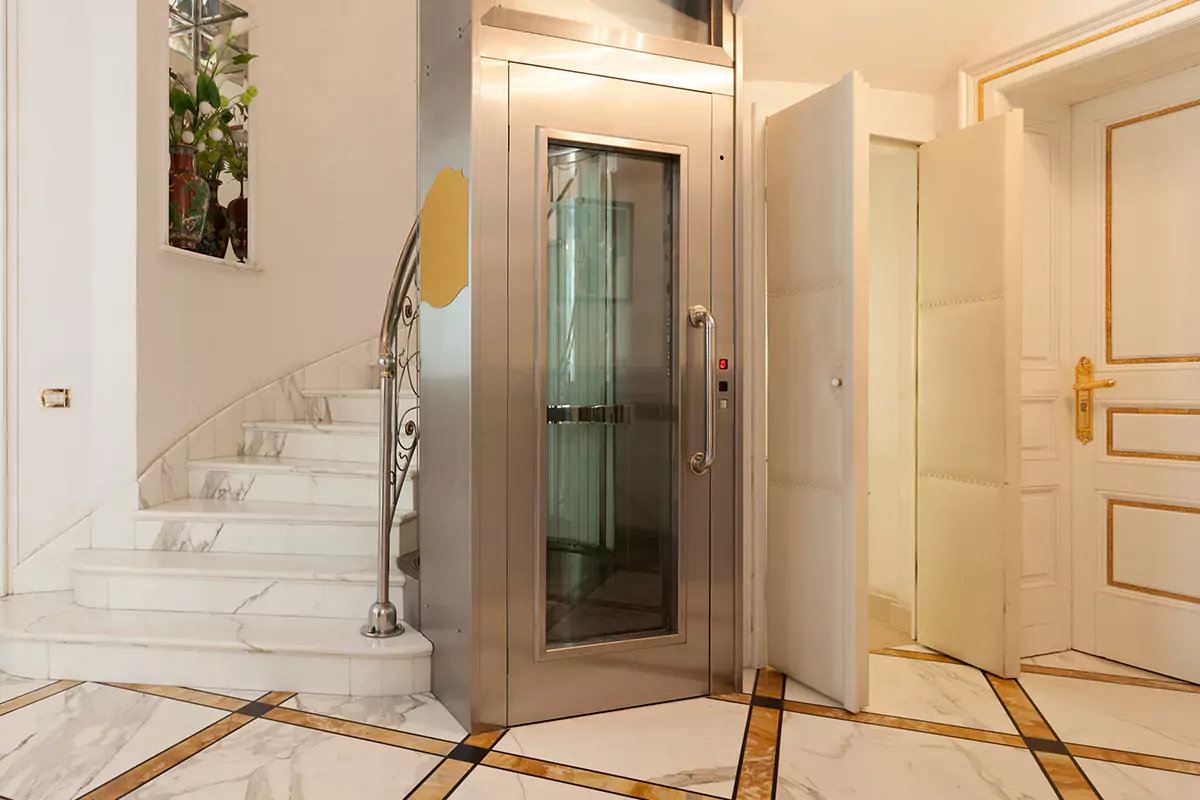

Home elevators can make homes more accessible and add luxury elements to a space. Learn what factors can influence home elevator costs.
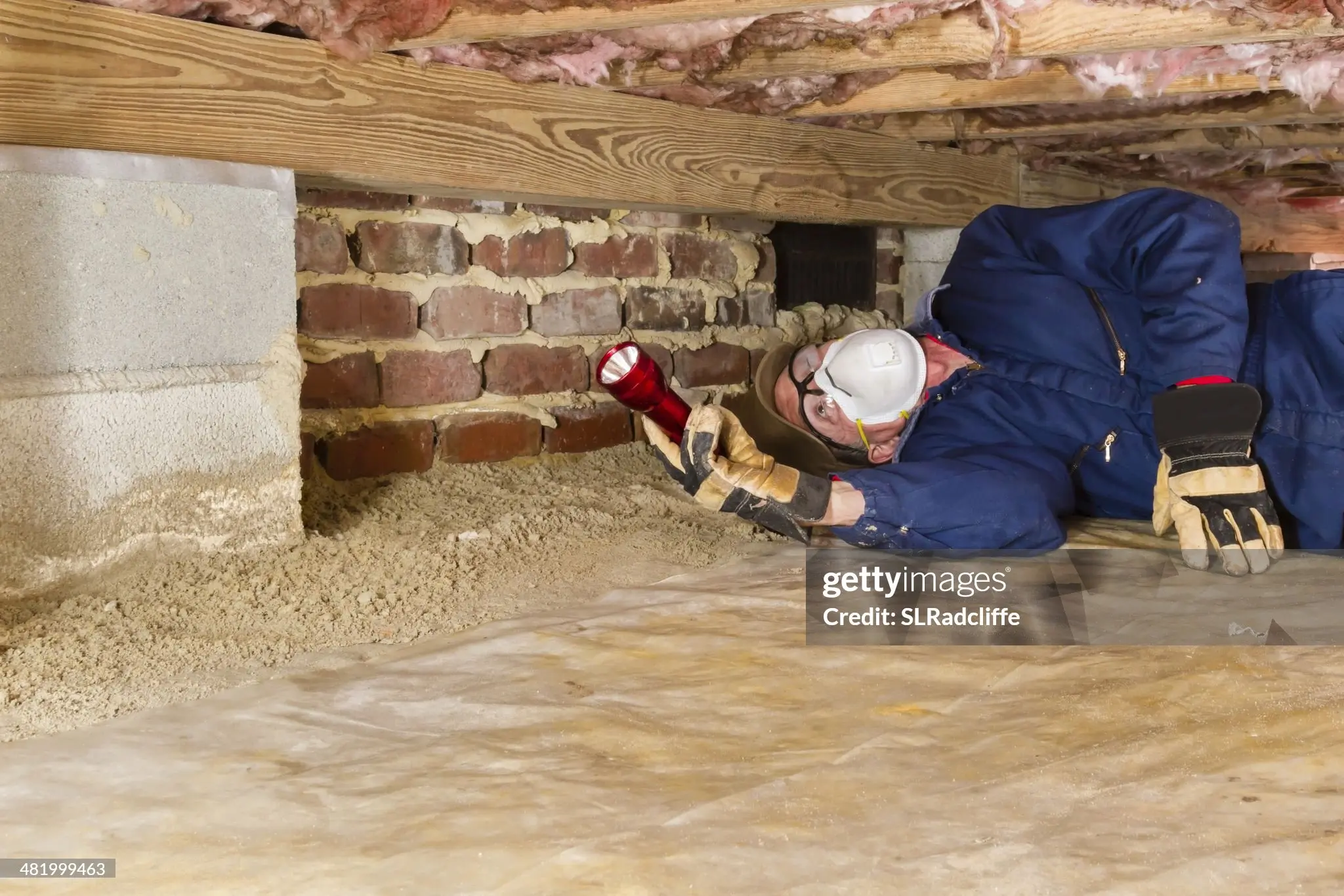

Water in your crawl space can quickly cause structural damage, mold growth, and pest infestations. Learn how to deal with crawl space water quickly.
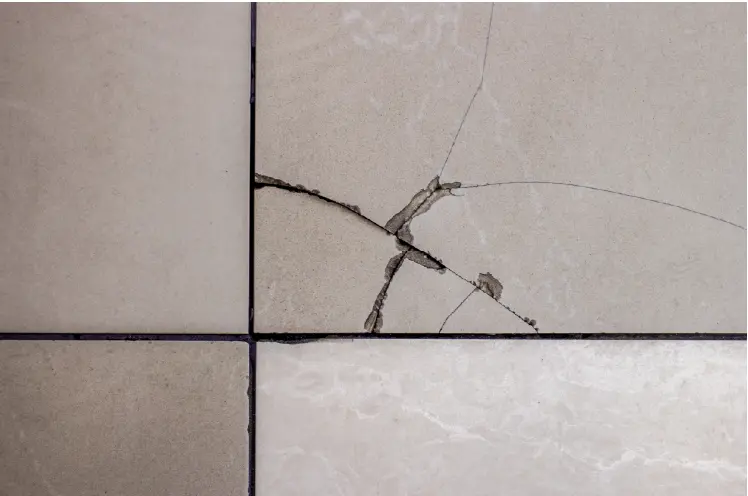

Need to learn how to fix a cracked tile? Mr. Handyman is here to help with this easy, five-step guide to repairing a cracked tile without replacing it.
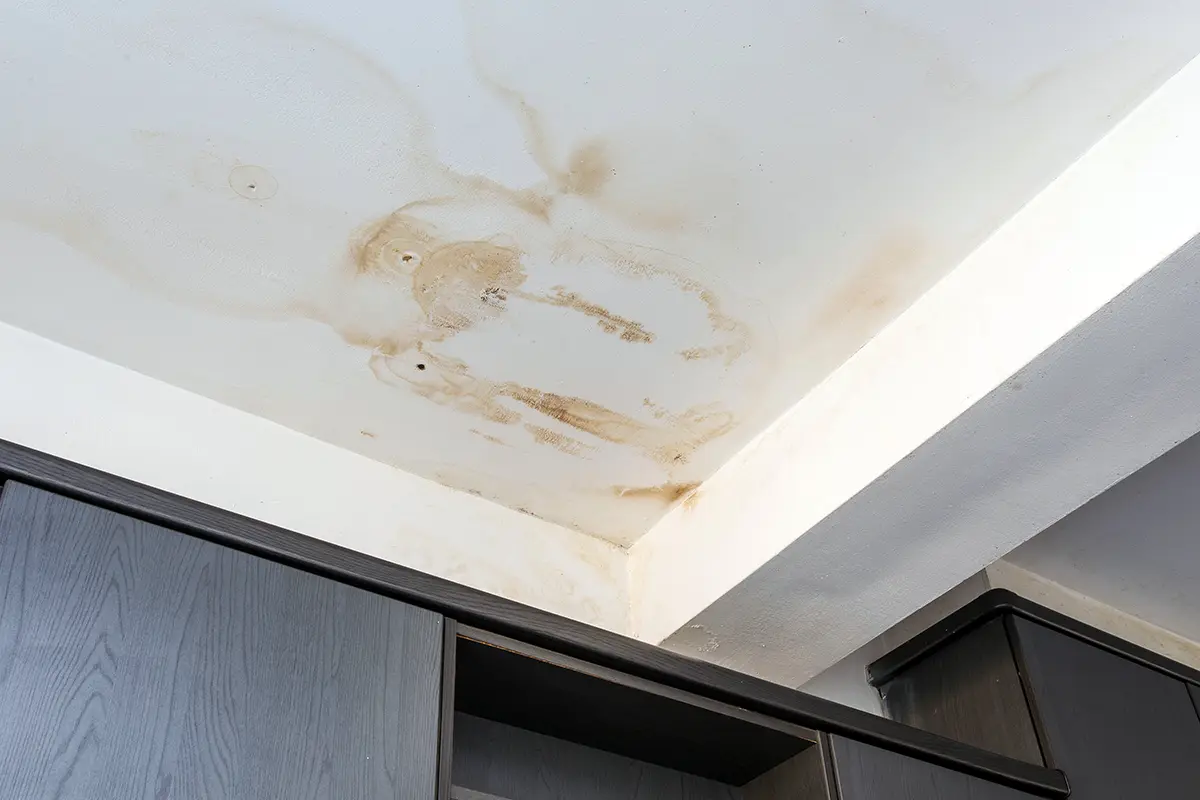

Ceiling water stains are an issue many homeowners will have to deal with. But what causes a water stain on ceilings? And how can you prevent them?
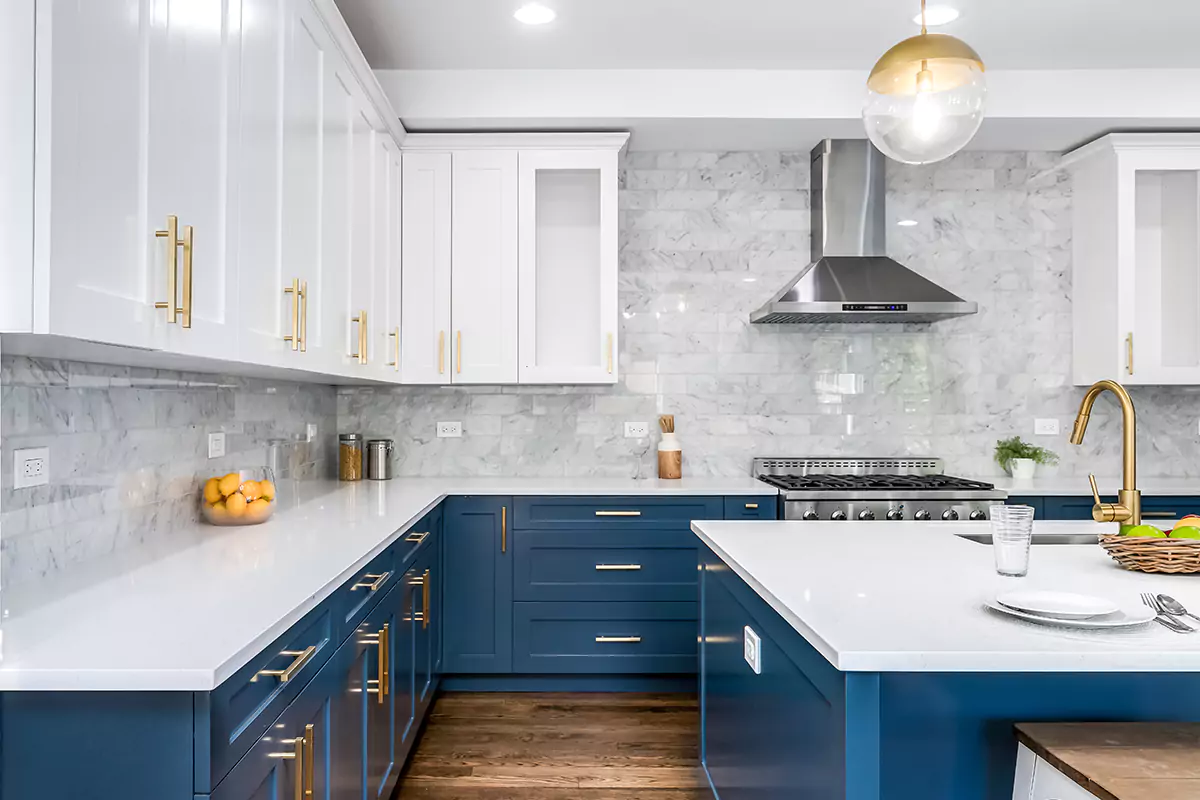

There are three types of kitchen cabinets: base cabinets, wall cabinets, and tall cabinets. Learn more about standard kitchen cabinet dimensions.
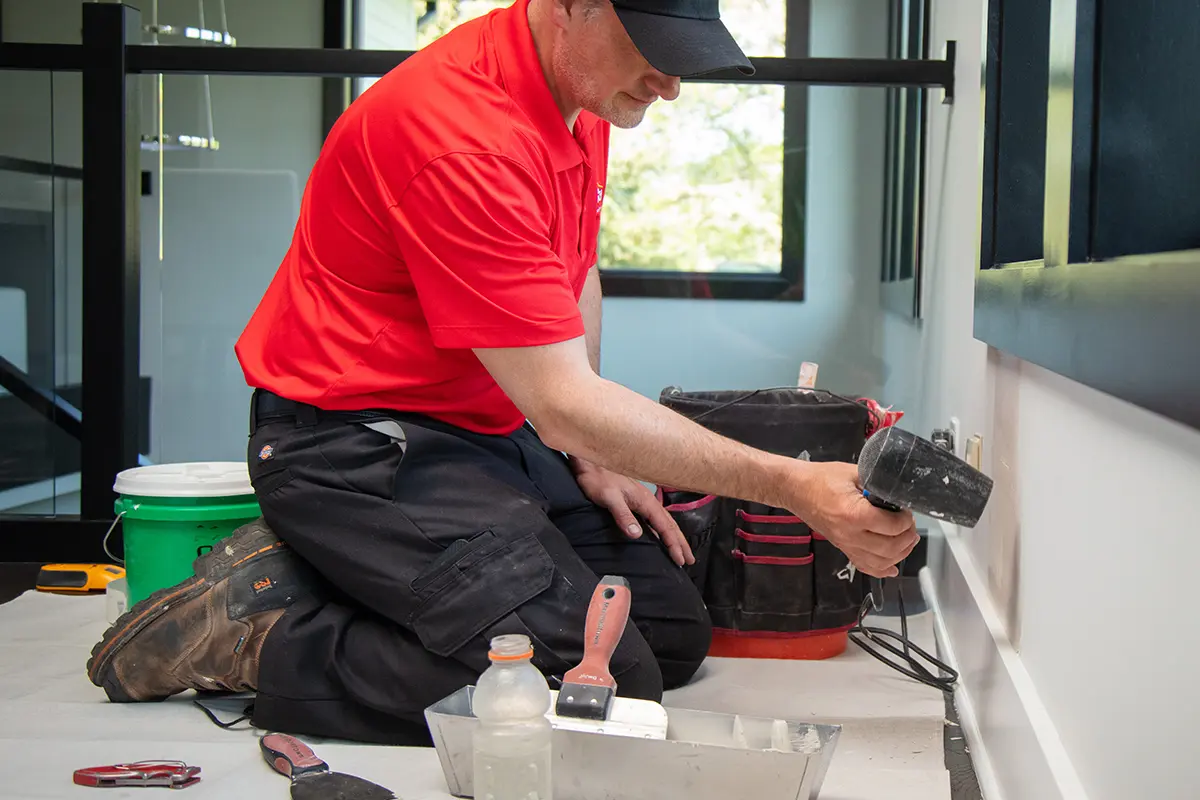

The median cost to paint the interior of a house is around $5,000, depending on the size of your home and the type of paint. Click to learn more.